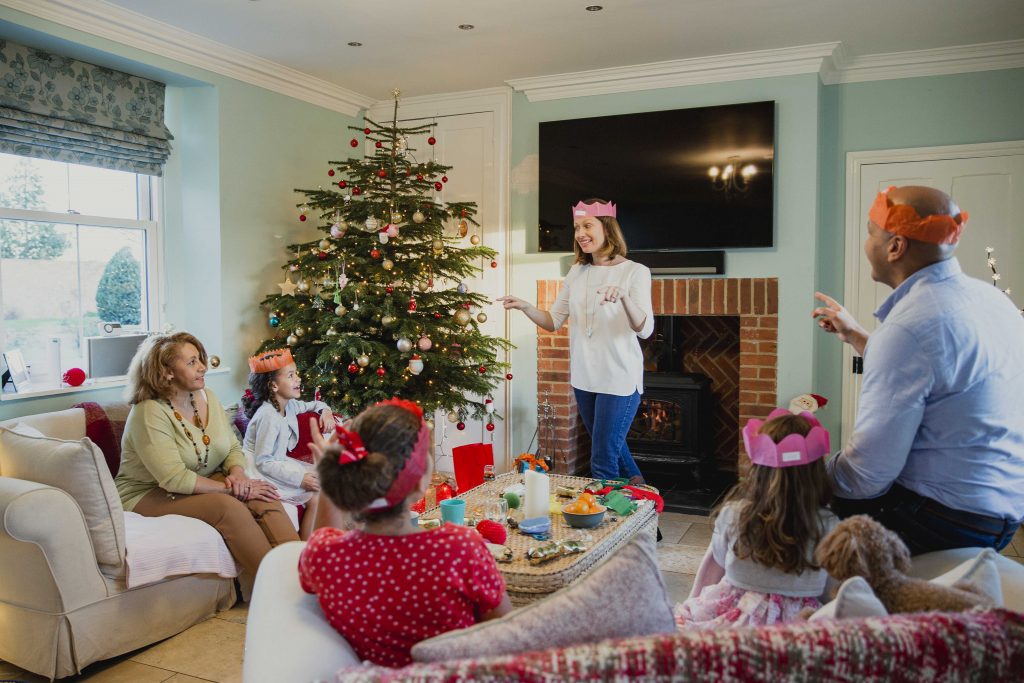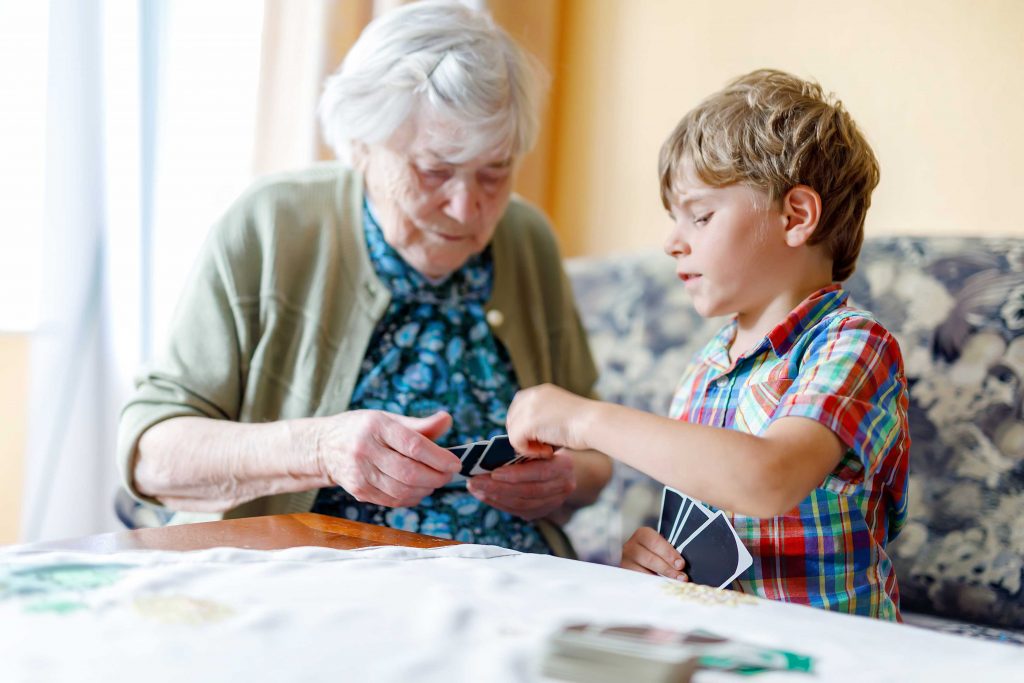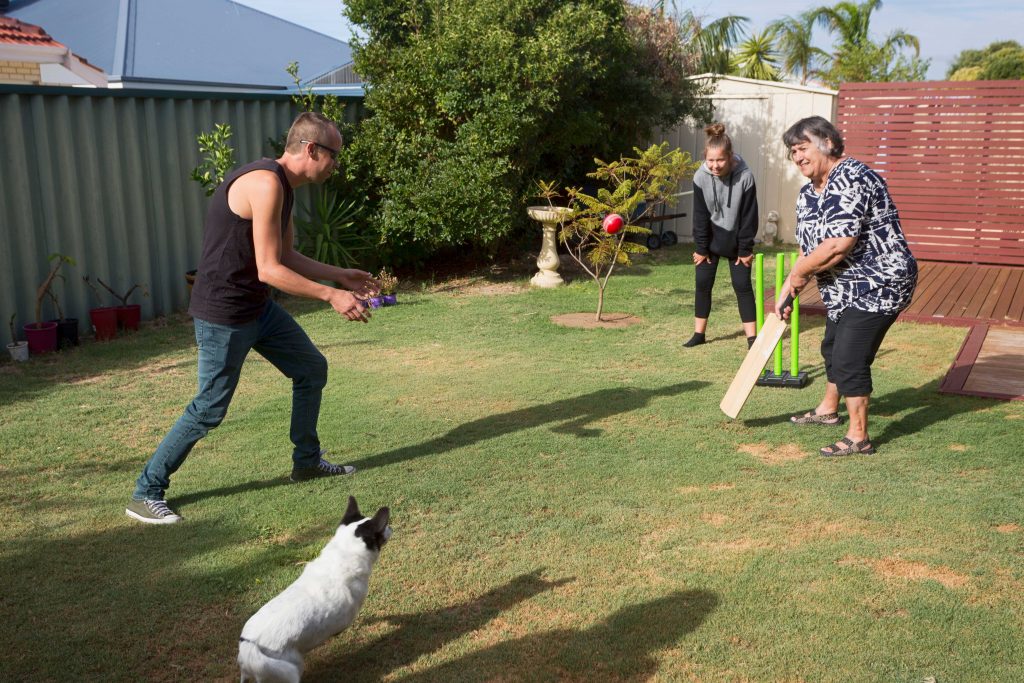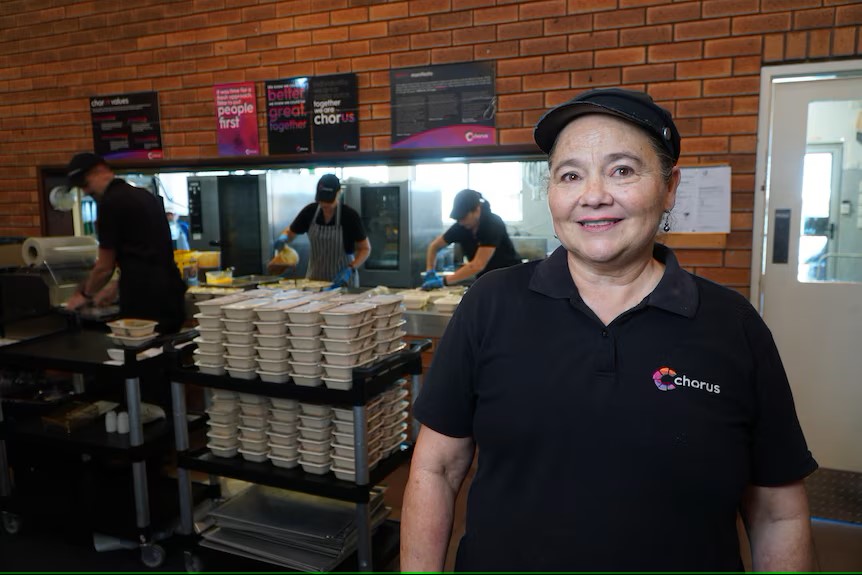 Christmas is about so much more than turkey, mince pies and watching the kids unwrap presents. For many of us, Christmas is about spending time with our families and the people we hold dearest.
Christmas is about so much more than turkey, mince pies and watching the kids unwrap presents. For many of us, Christmas is about spending time with our families and the people we hold dearest.
But, sometimes, after the dinner has been eaten, the wrapping paper has been tidied away into the recycling bin, and all the excitement of the day has died down, it can be difficult to know what to do with the rest of the day. (Especially if Perth turns on one of its famous 40°C festive specials.)
If you’re looking for possible ways to fill that post-lunch lull, we’ve come up with some fun activities that really are “fun for the whole family”. And by that we mean they’re things every generation can get involved in — from the kids to the grandparents.
1. An old-fashioned singalong
When everyone gets involved, there’s nothing like a singalong. Who really cares whether you’re more a canary or a crow when it comes to your warbling!
Start with Christmas carols everyone will know, but there’s no reason you can’t move on to pop songs. You can line up the songs on Spotify or YouTube (this is a good way to get the younger generation involved) so everyone has the music to sing along to.
You can create a festive songbook ahead of time, so everyone has the words to the songs in front of them. But you’ll soon find people enthusiastically suggesting songs they want to sing. Just make sure they’re songs everyone knows, so everyone can take part.
2. Play a card game 
Card games with simple rules, like Uno, and which can have many players are a great way to keep the family amused. If you have a large family, you can have several decks of cards and play a whole tournament.
If someone in your family suffers with arthritic hands, team them up with a younger member of the family who can pick up and put down cards for them, in return for showing them how the game works.
If the kids are a little older and you know a more complicated card game, take the opportunity to teach them. Teach a young person how to play euchre, poker or bridge and they’ll have a skill that will find them friends for the rest of their lives.
The emphasis shouldn’t so much be on winning as on taking part.
3. Dive into the family history
Get out the family photo albums and tell stories about the people and occasions pictured.
Family history is one of the world’s most popular hobbies, yet so many people will tell you they know nothing of their own family’s story. Using albums can be a great prompt for storytelling and it’s an opportunity for the youngest members of the family (and even those who aren’t so young) to learn about their history.
You could even use the occasion to make a scrapbook, as a fun crafting exercise, or to record the stories being told to save them for future generations to listen back to.
4. Give a video game a go 
Lots of young people absolutely love playing video games (often to their parents’ annoyance). But you’re never too old to give it a go!
Many video games have simple enough control consoles — just buttons and joysticks. And if you choose a game that’s short and simple enough (perhaps like Mario Kart, or some older arcade-type games) then everyone can have a turn.
It’s a great opportunity for different generations of the family to bond. Older members of the clan are showing an interest in something the younger members really enjoy, while the younger members also get to show off their gaming skills.
5. Play a parlour game
On an episode of The Crown on Netflix, the Queen, the Royal family, and Prime Minister Margaret Thatcher are seen playing a parlour game called Ibble Dibble. It’s a memory game that also relies on the players not getting tongue-tied.
While Ibble Dibble can be a drinking game (certainly the Royal family have drinks in their hand), it’s actually a game people of any age can play. If you lose— if you mix up your words or forget the numbering — your face is marked with charcoal, cue chalk or an eyeliner pencil. It’s a lot of fun!
Here are instructions for how you play Ibble Dibble. But there are also myriad parlour games that have been helping families make fun memories for years. Here are 14 suggestions.
6. Do a 1000-piece jigsaw puzzle
If you have the luxury of a large table, once the dinner is done, consider turning it over to a large jigsaw puzzle.
It encourages cooperation, conversation and even friendly competition, as family members try to find that one piece they’re looking for.
It’s the kind of activity people can drift in and out of during the day; something they can join in on whenever they get bored – whether for five minutes or an hour. The idea is that it should be a team effort. Even if someone just puts in one piece, they’ve played their part. And the goal should be to finish it before bedtime!
7. Play a game of backyard cricket 
Don’t worry about teams — everyone who wants to gets a chance to bat and bowl, while everyone else fields. The important thing, again, is participation.
Now cricket, being a sport that requires some level of fitness, clearly isn’t for everyone. But fortunately, not all roles in cricket require strenuous physical activity.
If there’s an older member of the family who can’t quite make it out onto the field, ask them to be the umpire. Work out the rules beforehand — Over the fence, six and out; roof is out; one bounce, one hand — whatever it might be, and empower your family’s elders with the knowledge their word is final!
Have a wonderful Christmas
Whomever you’re spending your Christmas with and however you’re celebrating, hopefully we’ve inspired you with an idea or two for an activity that every generation of your family can enjoy.
Christmas is a wonderful opportunity to create intergenerational bonds and finding activities everyone can participate in plays an important role in achieving that.
Merry Christmas!
For more information on our mental health support services, as well as our aged care and disability services, get in touch on 1800 264 268 or at chorus.org.au.



